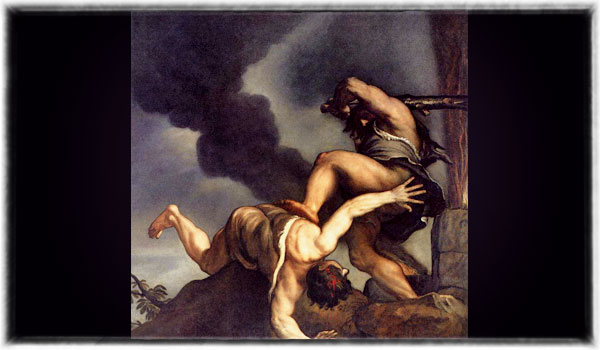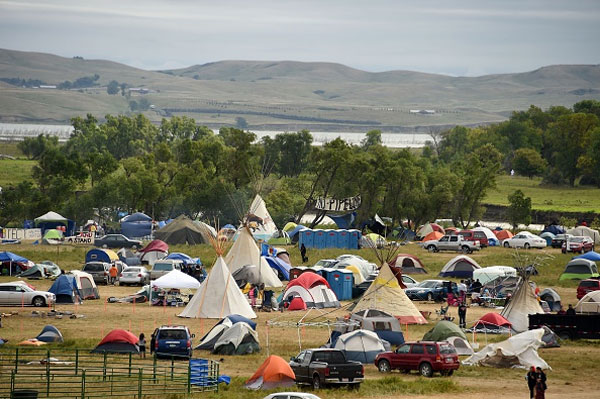In one of the very last chapters in the very last book of the Christian Bible, Revelation, after pages of confusing imagery and uncertain meanings, after plagues and beasts, after horsemen and scrolls, you find mention of a feast. But not just any meal. A wedding meal. An image that brings to mind long tables full of satisfying food, of rosy cheeks and emptying bottles of wine, of hearty laughs and settled hearts. It is—John, the writer of this cryptic book says—the wedding feast of the Lamb.
Something happens over a shared table. A bond over food is not a bond easily broken. As believers, we know the meaning goes as far back as 2,000 years ago, when a Jewish rabbi gathered His closest friends together, washed their feet, insisted on His certain death, and commissioned them to love another, to serve one another, as He had done them—over bread representing His body, over wine signifying His blood.
Food at the table has always meant more than a necessity. It is a tie, a connectedness that transcends the physical and becomes spiritual.
In Acts chapter 10, Peter’s vision for the expanding church is one that includes a change in diet. In his dream he sees food—previously excluded to faithful Jews, as said by the God who led that wandering tribe—now suddenly, permitted, reveled in, and all that food represents, including the people behind it, the lifestyles surrounding it, the background emerging from it.
They’re in, God assures. Go, take this glorious… [Read more…] about On Christian Culture Wars: Making Room at the Table









